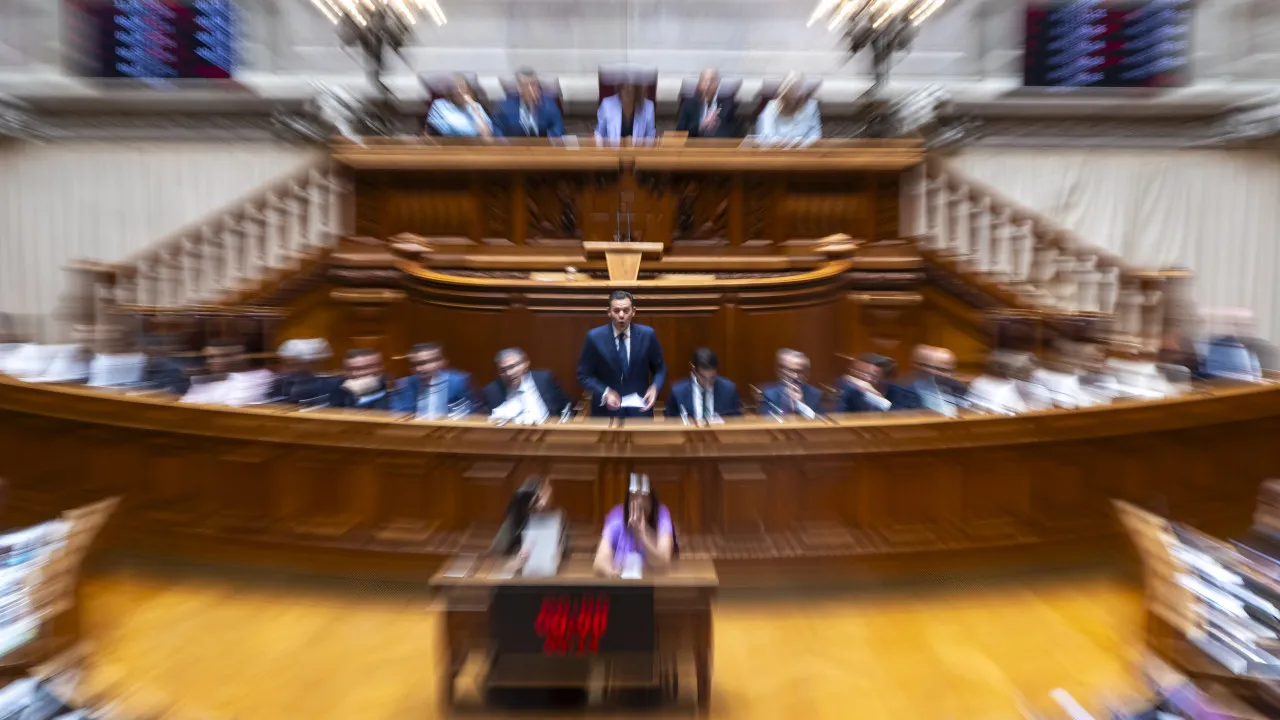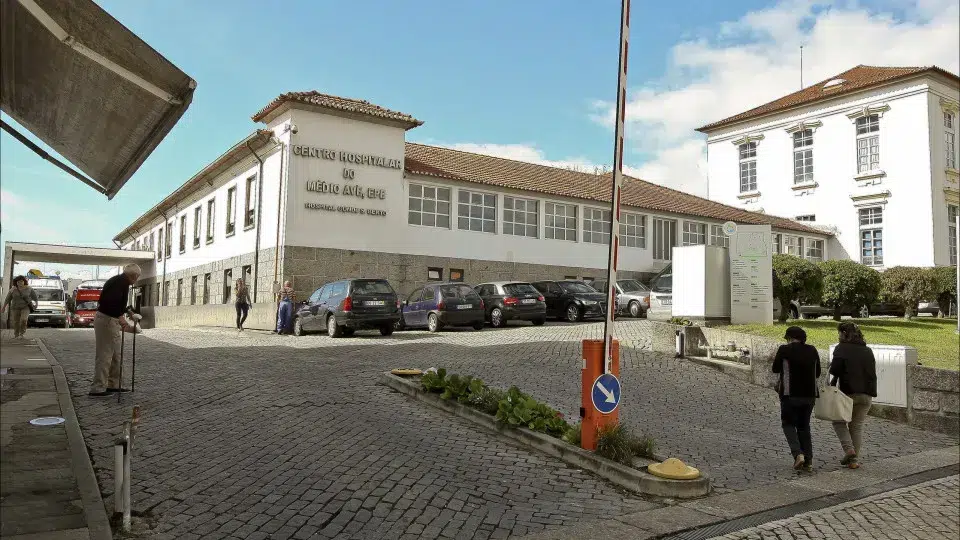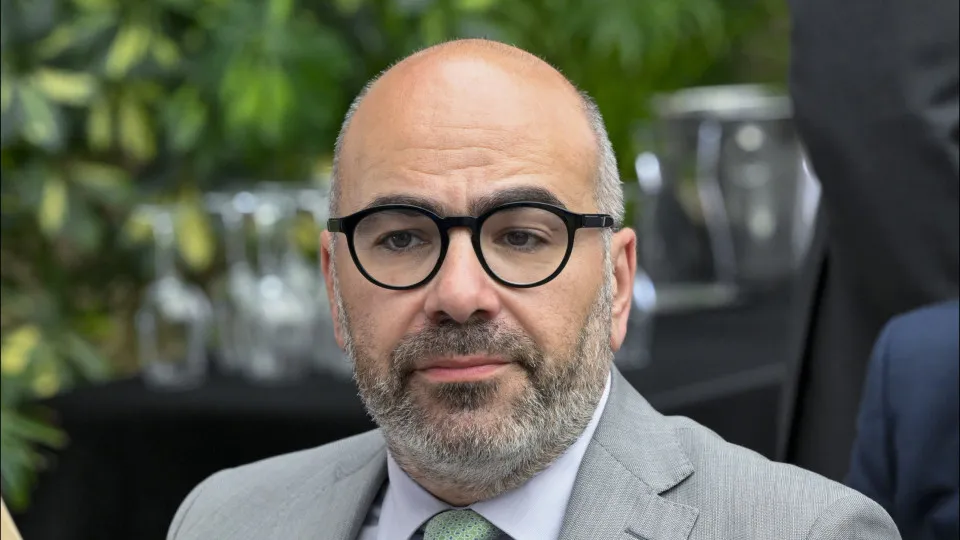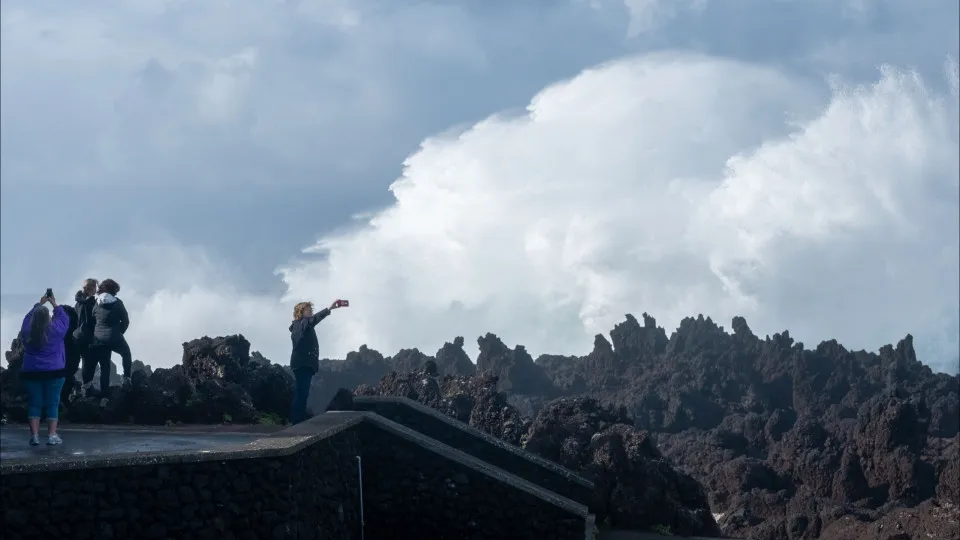
The session includes two hours for party interventions, organized from least to most representative, followed by the Government’s address. Subsequently, voting will take place on the PCP’s motion to reject the document, which both PS and Chega have already indicated they will not support.
On Tuesday, the debate centered around some of the document’s featured measures, such as fiscal policy, with Prime Minister Luís Montenegro announcing a forthcoming IRS reduction, and immigration policy, stipulating stricter regulations while not suspending family reunification.
The Prime Minister also mentioned an expansion in scenarios that could lead to nationality loss, including severe “criminal nature” actions, and announced an increase of 1,500 PSP and GNR officers by year-end.
Politically, the Prime Minister started the debate by warning that the upcoming legislative session would only be cut short by a “deliberate, active, and complicit coalition” between the two main opposition parties, referencing PS and Chega.
The Prime Minister also pledged “open dialogue” and to “never diminish” the PS, while not excluding discussions with other parties, in response to José Luís Carneiro’s inquiry about whom he intends to collaborate with and his request to depoliticize public administration.
Chega’s president, André Ventura, spoke of a new parliamentary framework necessitating “serious reforms for Portugal,” noting it’s now feasible to exclude PS from these reforms.
IL called for more meritocracy in public office selections, Livre accused the Government of arrogance for including opposition measures without parliamentary consultation, and PCP suggested the document “smells of ‘troika.'”
The XXV Constitutional Government, inaugurated on June 5, will be fully functional only after the government’s program is reviewed and not rejected.




